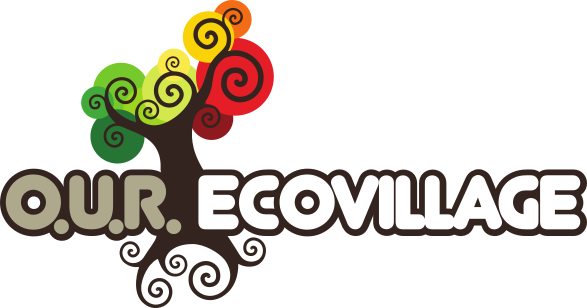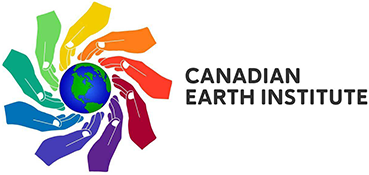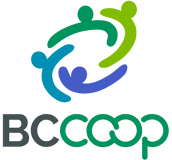
Kitchen Exploration:
Using and Valuing Diversity by Cooking for Each Person’s Needs
 One of the Big Ideas in the BC Curriculum for English Language Arts is that “people understand text differently depending on their worldviews and perspectives.” When I listened to our elder Peter read the story, Old Turtle and the Broken Truth, during Learning Circle this week, I thought about how important it is to use and value diversity, even in the kitchen.
One of the Big Ideas in the BC Curriculum for English Language Arts is that “people understand text differently depending on their worldviews and perspectives.” When I listened to our elder Peter read the story, Old Turtle and the Broken Truth, during Learning Circle this week, I thought about how important it is to use and value diversity, even in the kitchen.
In Old Turtle, the eponymous tortoise explains to a little girl that truth is all around us. He tells how some people take one version of truth and act as if they have dominion over all truth, which can lead to conflict and war. The little girl wondered, what can we do?
It is true, we all have unique needs. People have allergies to some foods and can get sick from them. Many people are choosing to follow a diet such as veganism or the ketogenic diet. At OUR ECOVILLAGE we often have two people who follow ‘opposite’ diets such as these two. But somehow we always sit down and enjoy our meals together! So how do we prepare food for people with different needs then us? Here are some considerations:
Allergies – The first type of dietary diversity to consider is allergies. Allergies are when your immune system thinks a food is poison, and go into a reactive mode. Allergic reactions can be intense–even life-threatening. Intense reactions are called anaphylaxis. People with severe allergies grow up asking people about ingredients, and are quite used to it; but if you are cooking for others you are responsible for knowing all the ingredients of the food you give to people. According to Health Canada, the most common food allergies are the following (though not in this order):
- Crustaceans and molluscs
- Eggs
- Fish
- Milk
- Mustard
- Peanuts
- Sesame seeds
- Soy
- Sulphites
- Tree Nuts
- Wheat and triticale
Secrets are fun, but don’t forget to check if your guests have any allergies before they enjoy your artful cooking!
Sensitivities – Sometimes people are not allergic to an ingredient, but it doesn’t sit well with them. For example, if someone tells you that gluten makes their stomach hurt, sometimes they might politely accept food with gluten. While it may not technically be an allergy, sensitivities are signs from the body that we should pay attention to.
Special Diets – At OUR ECOVILLAGE we try to “hold one another in our highest regard”. That means we don’t try to argue with people about what they eat and we support one another’s choices about what they do with their own bodies. People go onto diets for all kinds of reasons, so the best thing to do when someone says they are on a diet, is to ask what their favourite food is that fits within their diet.
Preferences – We all have our preferences. Because I’m the main chef at OUR ECOVILLAGE, most people are stuck with what I like to eat! Truly, why would anyone want to do anything but be a chef…but I digress. It can be hard to distinguish between a sensitivity and a preference, but it usually doesn’t matter. Some people ‘can’t’ eat spicy food because they just don’t like it; others get sick to their stomachs if they eat anything that bites back.
 In Old Turtle, the little girl had to remind the people that “you are loved, and so are they.” After they realized that Truth is all around them, “slowly, as the people met other people different from themselves, they began to see. . .themselves.” By paying attention to the diverse needs of the people you are cooking for, it won’t just be your cooking repertoire that will broaden. Some of us consider food a highly emotional topic, so you can gain a deeper understanding of others by paying attention to what they eat. In the kitchen, when you explore one anothers perspectives, you are showing each other love.
In Old Turtle, the little girl had to remind the people that “you are loved, and so are they.” After they realized that Truth is all around them, “slowly, as the people met other people different from themselves, they began to see. . .themselves.” By paying attention to the diverse needs of the people you are cooking for, it won’t just be your cooking repertoire that will broaden. Some of us consider food a highly emotional topic, so you can gain a deeper understanding of others by paying attention to what they eat. In the kitchen, when you explore one anothers perspectives, you are showing each other love.
Part of the “Personal/Social” component of BC’ curriculum’s Core Competencies is Social Awareness & Responsibility By learning how to cook for diverse needs, you can show social responsibility, contributing positively to your community and sustaining healthy relationships.







